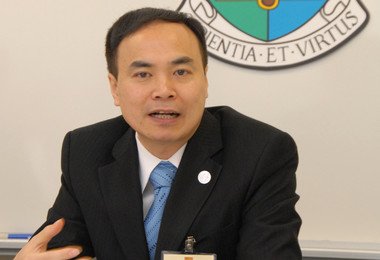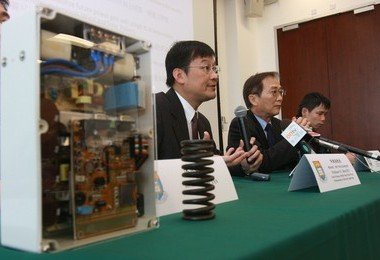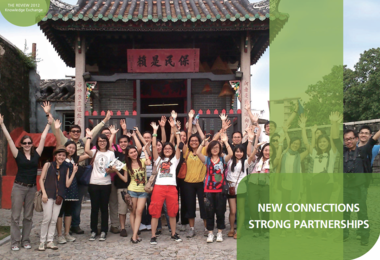KE Spotlight
Filter
-

HKU's collaborative study finds limited efficacy of non-pharmacological treatment for attention deficit hyperactivity disorder (ADHD)
Supplementation with omega-3/omega-6 free fatty acids such as cod liver oil, elimination of artificial food colorings and psychological treatments are often regarded as treatments for children with attention deficit hyperactivity disorder (ADHD). Some parents may prefer non-pharmacological interventions for their children with ADHD. However, a recent research study, with participation by the Department of Pharmacology and Pharmacy of The University of Hong Kong Li Ka Shing Faculty of Medicine and conducted by The European ADHD Guidelines Group, shows that there is still limited evidence on the efficacy of non-pharmacological interventions. Parents should be made aware of the results of the current study. This analysis provides an important reference about ADHD management for clinicians.
Read More -
"TKT Land Production" Exhibition - HKU Landscape Architecture exhibits to tell the stories of Tsuen Wan and Kwai Tsing from "City|Villages|Countryside"
The "TKT Land Production" exhibition by the Division of Landscape Architecture of the University of Hong Kong (HKU) intends to represent Tsuen Wan's and Kwai Tsing's "real estates" to its original meaning, and to explain how, in fact, the significant roles that landscape play in forming, deriving, and allowing the emergence of the local culture, industry, and vibrant citylife that the Tsuen Wan and Kwai Tsing District now has. The exhibits of the HKU team are now showing at the Sam Tung Uk Museum in Tsuen Wan until March 3, 2013.
Read More -

Major breakthrough in smart grid technology by HKU/Imperial College London research team to provide key solution to future renewable energy power systems
The joint University of Hong Kong /Imperial College London research team has developed a new smart grid technology, the Electric Springs, which is the first in the world and has the potential of providing a key solution to solving the stability problems in future power systems fed with wind and solar power.
Read More -

KE in The Review 2012
The Review 2012 looks back at a fruitful year for knowledge exchange. "We are also starting to see a culmination of our knowledge exchange initiatives as more and more units in the University recognize the academic and social merits of engaging with the community in their teaching and research activities, as well as their possible role in and contribution to community engagement," says Professor Lap-Chee Tsui, Vice-Chancellor and President.
Read More -

Engineering Everywhere
As one of the oldest and the most well-established engineering schools in the region, the HKU Faculty of Engineering has played an important role in building Hong Kong since its establishment as one of the two earliest Faculties of The University of Hong Kong in 1912. The Faculty celebrates its centenary this year and proudly shares with us the impact it has made on the community over the last 100 years.
Read More -
DSpace CRIS (Current Research Information System) Module
The University Libraries had made available the download of the first alpha release of the DSpace CRIS module.
Read More -

Understanding Non-Academic Impact of Research in Social Sciences
The Dean of Social Sciences shares his views on how to demonstrate non-academic impact of social sciences research.
Read More

